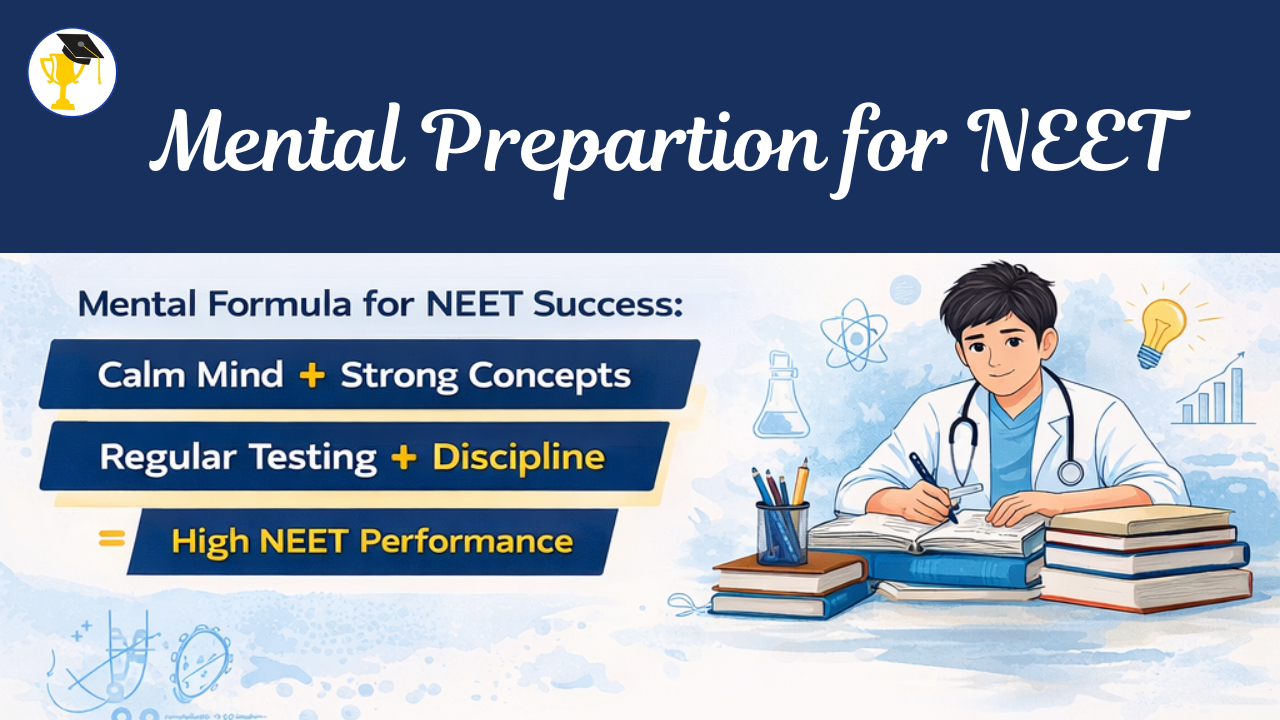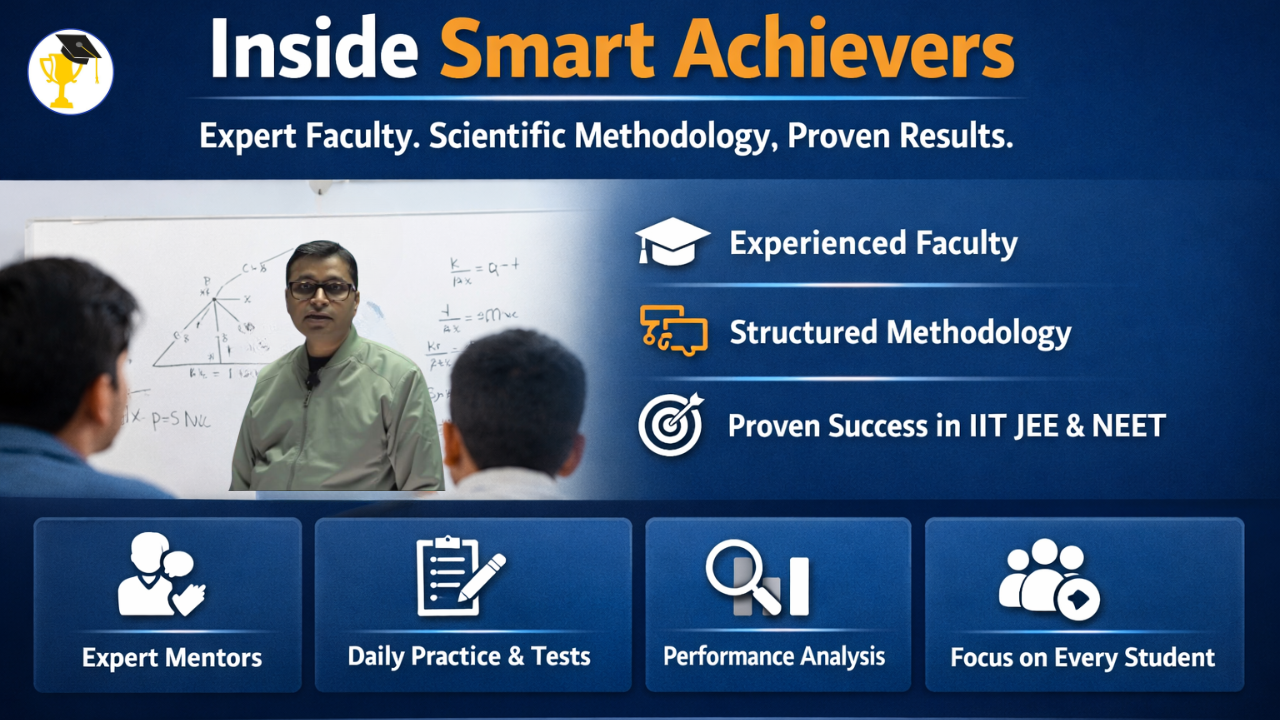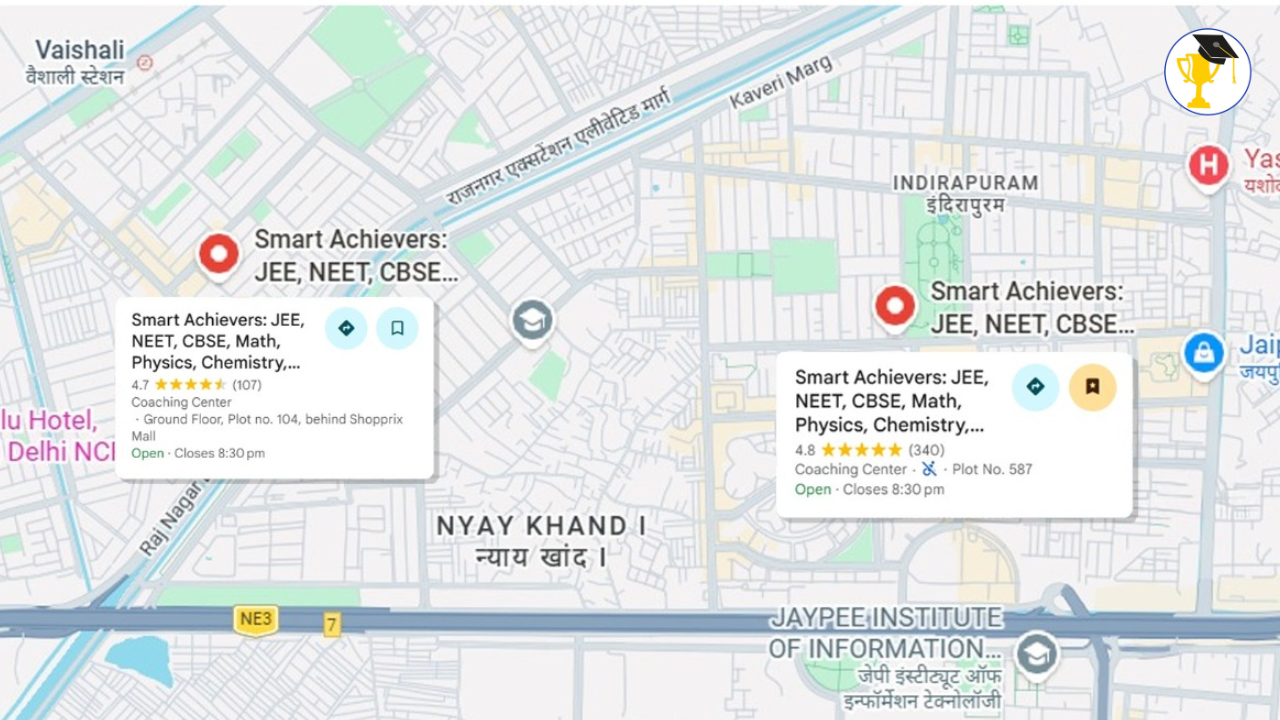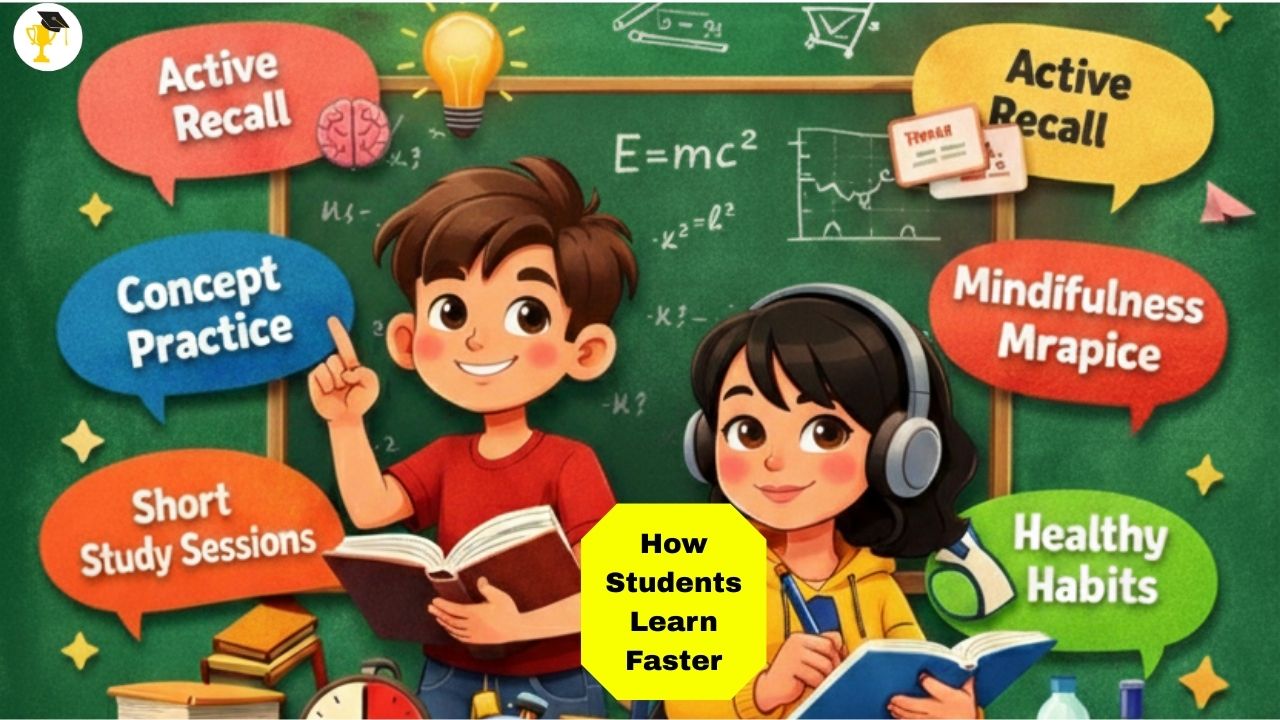Evolution of JEE and NEET: Key Trends and How to Adapt
The evolution of JEE and NEET reflects the changing dynamics of competitive exams in India. Over the years, JEE and NEET trends have seen shifts in patterns, syllabus, and difficulty levels, making it essential for aspirants to stay updated and adapt their preparation strategies. This blog explores the latest updates on JEE and NEET, their changing patterns, and tips for strategic preparation.
How JEE and NEET Have Evolved
1. Changes in Exam Patterns
JEE Main and Advanced were introduced as separate stages, with JEE Main acting as a qualifier for JEE Advanced.
NEET replaced multiple medical entrance exams, streamlining the admission process and increasing competitiveness.
2. Increased Focus on Application-Based Questions
Both exams now emphasize conceptual understanding and problem-solving.
JEE application-based questions often integrate multiple topics, requiring logical thinking.
NEET recent trends and patterns showcase an increase in assertion-reason questions.

3. Digital Transition
The shift to Computer-Based Tests (CBT) highlights the importance of digital literacy.
Mock tests for JEE and NEET have become integral to preparation.
4. Alignment with NCERT
NCERT importance in JEE/NEET cannot be overstated, as most questions are based on NCERT content.
This alignment ensures uniform preparation for students from diverse academic backgrounds.
5. Introduction of Numerical Questions
Both exams now include numerical-based questions, particularly in Physics and Chemistry, requiring detailed calculations and accuracy.
6. Dynamic Schedules and Competition
Recent disruptions like COVID-19 have led to flexible schedules, requiring adaptability.
The rising number of aspirants has intensified competition, making competitive exam preparation tips essential.
Key Trends in JEE and NEET
1. Integration of Multidisciplinary Questions
JEE Advanced multidisciplinary question trends often combine Physics and Mathematics or Chemistry.
NEET incorporates assertion-reason questions to test analytical skills.
2. Weightage Distribution
JEE Advanced syllabus updates reveal consistent weightage for Mechanics, Calculus, and Physical Chemistry.
In NEET, Biology remains dominant, but Physics and Chemistry are gaining importance.
3. Increased Difficulty
The difficulty level, especially in JEE Advanced and NEET Physics, has risen over the years.
Organic Chemistry and complex numericals are areas of focus.
Maintain Consistency in Studies for JEE, NEET, and CBSE Exams: Tips for Exam Success Click Here
How to Adapt Your Preparation to These Changes
1. Strengthen Conceptual Understanding
Build a solid foundation using NCERT-based preparation for JEE/NEET.
Reference materials like HC Verma (Physics), OP Tandon (Chemistry), and Trueman’s Biology are invaluable.
2. Practice Application-Based Questions
Solve concept-based study for competitive exams by integrating multiple topics in problem-solving.
Regularly attempt past papers and analyze NEET question paper patterns.
3. Focus on High-Weightage Topics
Prioritize high-weightage topics for NEET and JEE, such as Mechanics, Organic Chemistry, and Human Physiology.
4. Leverage Mock Tests
Use mock tests to simulate exam conditions and refine strategies.
Identify weak areas and focus on improving speed and accuracy.
5. Adopt Problem-Solving Techniques
Break complex problems into simpler steps for efficient solving.
Develop strategies for critical topics like rotational mechanics, thermodynamics, and biomolecules.
6. Stay Updated
Regularly check official announcements for recent updates in JEE and NEET exams.
Adjust your study plan according to any changes in syllabus or patterns.
Common Mistakes to Avoid
1. Neglecting NCERT
Skipping NCERT can lead to gaps in preparation, as many questions are directly derived from these texts.
2. Overloading with Resources
Stick to a limited number of trusted study materials to avoid confusion.
3. Ignoring Time Management
Failing to practice under timed conditions may result in incomplete papers.
4. Skipping Regular Revision
Consistent revision ensures better retention of concepts and formulas.
5. Underestimating Mock Tests
Mock tests are critical for improving performance and handling exam pressure.
How Parental Support Can Drive Exam Success: Tips for Parents of JEE, NEET, and CBSE Students Click Here
Benefits of Understanding JEE and NEET Trends
Focused Preparation
Align your study plan with key patterns in JEE Advanced exams and NEET.
Improved Confidence
Familiarity with patterns reduces anxiety during exams.
Better Performance
Strategic preparation enhances accuracy and efficiency.
Adaptability
Staying informed ensures readiness for unexpected changes.
 STUDY MATERIALS
STUDY MATERIALS
 COURSES
COURSES
 MORE
MORE























